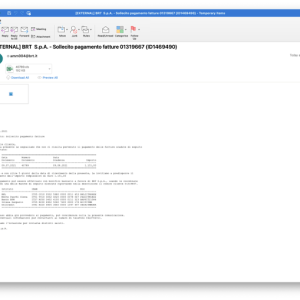The program, which was previously called the Arizona Cyber Information Program, is now being renamed to the Arizona Information Sharing and Analysis Center or AZ-ISAC for short.
Ukrainian police said they had arrested a 25-year-old man who hacked more than 100 foreign companies and caused damage worth more than $150 million. The hacker used phishing attacks and hijacked software that allows computers to be accessed remotely.
Between July 2014 and September 2015, the 40-year-old stole the personal identifying information (PII) of over 3,300 individuals, including “at least eight general officers, as well as numerous disabled veterans,” said the DoJ.
The United Kingdom has revealed plans to invest £5 billion in bolstering national cybersecurity that includes creating a “Cyber Force” unit to perform retaliatory attacks.
The county resolved the attack by paying less than 10% of the hackers’ original demands, County Administrator Chad Kinsley said in a statement. The eastern Kansas county did not disclose the amount it paid.
Atom Silo, a newly spotted ransomware group, is targeting a recently patched and actively exploited Confluence Server and Data Center vulnerability to deploy their ransomware payloads.
While investigating a misconfiguration flaw in Apache Airflow, researchers discovered many exposed instances over the web leaking sensitive information, including credentials, from well-known tech companies.
The Flubot banking trojan keeps switching up its lies, trying to fool Android users into clicking on a fake Flubot-deleting app or supposedly uploaded photos of recipients.
Proofpoint researchers have discovered a new Ursnif baking Trojan campaign carried out by a group tracked as TA544 that is targeting organizations in Italy. The experts observed nearly 20 notable campaigns.
The threat actors claim to have stolen data from the company and are threatening to leak them on the dark web leak site of the group in case the company will not pay the ransom.









